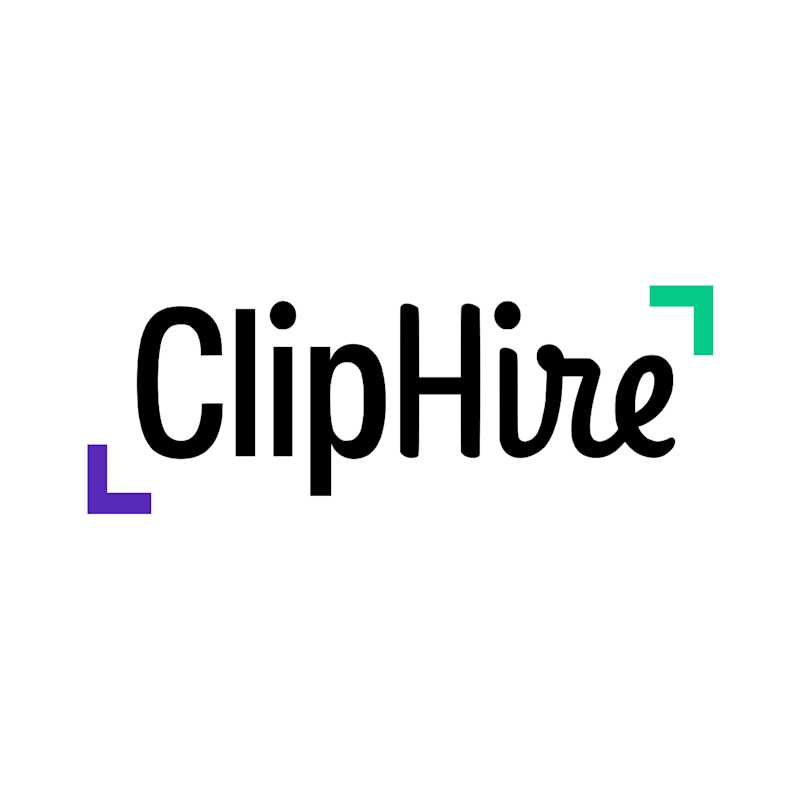Your primary goal in an interview is to convince the hiring manager that you, above all other candidates, are the best fit for the job. Showcase that you have the necessary skills, a great personality, and the drive to succeed in your new role.
But, as you prepare answers to interview questions that will allow you to do all of those things, it is also critical to understand what the hiring manager will consider a red flag. After all, if you make a mistake or two, it will not matter how well you did at your previous job in terms of sales.
To assist you, avoid the following 39 phrases:
- What is the job title?
Do not ask this during an interview with the employer. A question like this demonstrates that you have not prepared and have not read the job description.
- What a great question!
Do not pretend to be surprised when you hear this interview question. Not a phrase that a recruiter or hiring manager needs to hear. Just answer the question they have asked right away.
- I have never done this type of work before, but...
Recruiters are already familiar with your professional experience, so they know you may lack in some areas. Be modest about your skills and abilities during an interview. However, there is no need to draw attention to your lack of specific qualifications.
- I am not sure
Try not to say this in an interview. Even if you are unsure of your answer, try to find a better way to respond to the question. It is time to put your best communication skills on display.
- Is it a pleasant place to work?
Concentrate on more specific questions about company culture, working conditions, and team members, and ask direct questions. If not, speak with current or former coworkers.
- Um, so, like, and other filler phrases
Never use these phrases in a job interview, demonstrating your lack of communication skills, confidence, or intelligence.
- I have no questions for you
Your main priority should be to prepare questions to ask recruiters about a position ahead of time. If you do not ask a question, you are not interested in a company or role, and thus you would not get a job offer.
- My boss was a jerk
The main rule of the interview is not to share any negative thoughts about your previous company, boss, or colleagues with the interviewer. A recruiter will believe you will continue to speak negatively about their company in the future.
- This job will serve as a stepping stone to my next career move
Recruiters seek long-term professional collaboration. This phrase will demonstrate to them that you are not a trustworthy candidate.
- How quickly do you promote employees?
This question will indicate to your interviewer that you are arrogant and entitled. The alternative: What is a career path in your company?
- How many vacation days am I entitled to?
Recruiters want to know what you can do for the company to assist them in meeting their objectives. It is far too early to inquire about benefits and vacation time. First, wait for a job offer.
- Could you tell me what you do around here?
You need to research before the interview. It is your primary responsibility to learn everything you can about a company.
- I'm extremely nervous
Even if you've never felt more nervous in your life, don't show it to hiring managers. Any company would like to hire a self-assured and professional employee. Honesty is not an option in this situation.
- It's on my resume
If a recruiter asks you a question from your resume, it means you should tell more than what is on your resume. It also demonstrates your social skills.
- I Have a fantastic response to that
You do not need to memorize answers to common interview questions if you have prepared them ahead of time. You'll come across as unnatural, and recruiters will pick up on it.
- My flaw is perfectionism
Never think you'll be able to impress your interviewers with this phrase. It's a tired expression. Try to avoid it and respond genuinely.
- I consider myself to be a thinker who thinks outside the box
This phrase is yet another cliche and is also on the list of resume buzzwords. Instead of using buzzwords, describe your skills using real-world professional situations.
- So, yeah...
Even if you have prepared for an interview, you may become perplexed at times. In this case, try to avoid awkward pauses and finish your response as quickly as possible.
- When will we be done here?
Even if you have an appointment in the world, never appear rushed to recruiters. Don't demonstrate that you have more important things to do than this interview.
- I'm having a difficult time right now
Don't bring up your problems, and concentrate on your professional life. Your personal problems should not have an impact on your job performance.
- I'm sorry for being late
Remember to arrive 15 minutes early for your interview to prepare and control your emotions.
- Excuse me, I'm early
Being late to avoid, but being too early is even worse. You will cause recruiters to stop what they are doing to speak with you. Worse, they'll feel bad about leaving you sitting in the lobby.
- I didn't get a chance to look
Before the interview, it is critical to read your job description and the employer's website. Demonstrate that you are enthusiastic, organized, and well-prepared.
- What can stop you from choosing me?
You should not have this best strategy for convincing your employer to hire you. However, if you receive a response, you will learn how to improve your candidacy in future interviews.
- I'd like to get your job one day
Never make a hiring manager feel threatened by your desire to take their job. Demonstrate your ambitions to advance professionally in a novel way.
- What is the salary?
Inquiring about your compensation demonstrates your interest, not in a job or a company, but in money. It is the employer's responsibility to bring this subject up first.
- I am a quick learner
Consider a professional situation in which you need to learn quickly and acquire new skills and knowledge to perform well on the job.
- How did I do?
Once again, hiring managers value your confidence in your experience and knowledge. You don't need to ask this if you've done your homework. Believe in your knowledge and abilities.
- I dislike my job
Even if your previous employment was less than ideal, don't tell recruiters. If they choose to hire you, they may wonder if you will dislike the job.
- Are you okay with me taking this?
It is the most impolite thing you can do during an interview to answer your phone or send messages. Before the interview even begins, you must turn off your cell phone.
- I'm in desperate need of a job
If you don't want to appear desperate for work, avoid saying this phrase. Interviewers are looking for genuine interest in a specific job, not your willingness to take any job.
- I applied for this job because it will provide me with...
Instead of focusing on what you will gain from this job, consider what skills and experience you can provide to recruiters and team members to help them grow.
- I had issues at my previous job
Recruiters will see your complaints about your previous job and how poorly you were considered a red flag. Instead of thinking about why they should hire you, they will consider why they should not.
- Of course, I can do all of that
Always be completely honest with a potential employer about your skills and abilities. If you believe you cannot complete a particular task, you should express your concerns as soon as possible. The truth will eventually come to light.
- Do you want to see my references?
While it is crucial to attract and entice a potential employer, showing a list of references too soon may demonstrate your desperation.
- I would like to follow up once more
Don't show too much enthusiasm for a job. It will make you a less appealing candidate. Recruiters will think you're too eager to leave your current job.
- I want to start my own business as soon as possible
So, why are you conducting this interview right now? An employer seeks a dependable candidate who is prepared to make a long-term commitment and devote all of their energy to the job.
- I'll do whatever it takes
Hiring managers are looking for a passionate individual who wants to advance professionally and take on challenges related to their career interests. Your eagerness to do anything is a red flag. No one will hire a candidate who is looking for any job with any responsibilities.
- What the hell is going on?
We believe you understand that swearing during the interview is strictly prohibited. Even so, some people do it. Even if you're overly emotional, keep an eye on your language.
Finally, make the best impression possible in an interview by not giving the interviewer reasons not to hire you. Be self-assured because an interview is not the time for soul-searching or expressing concerns about the job or your qualifications for it. Concentrate on "selling" the talents and skills that you know you'd bring to the job. Interviewers want to hire employees who will contribute positively to their operations rather than complainers. When discussing previous employers or your readiness to take on the responsibilities, avoid all negativity.
Creating a great video resume is a must if you want to leave a lasting impression on recruiters! ClipHire assists you in creating a personalized video resume with a shareable link that you can share on all job listings.














